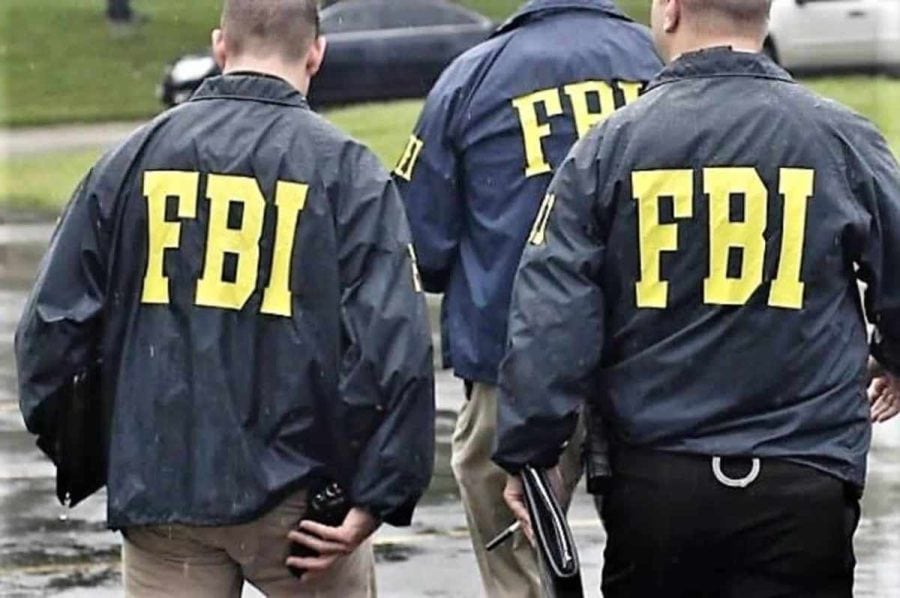Kujtim Sadiku, a former FBI agent, testified under oath in a Knoxville, Tennessee court that he falsely accused Dr. Anming Hu, a former associate professor at the University of Tennessee (UT) in Knoxville, of being a Chinese military spy.
During conversations with UT authorities, Sadiku also acknowledged to falsely accusing Hu, a Chinese national, of being a military operator.
According to the Knoxville News Sentinel, Sadiku told jurors in court last week that “It was predicated on information Anming Hu was part of another government’s talent plan”
In court, the FBI agent stated that he started his botched investigation into Hu, nicknamed ‘Operation Chelsea Dagger,’ with a simple Google search and a “rough translation” of a Chinese-language leaflet portraying the well-known computing professor.
According to Sadiku’s translation, Hu was purportedly offered a short-term contract to teach students at Beijing University of Technology under China’s Thousand Talents Program in 2012. Hu was also said to have a speaking engagement in China, according to the report.
The government has eased COVID-19 regulations, allowing firms to operate for six days.
During his evidence, Hu, who started teaching in the United States in 2013, described his first encounter with Sadiku as “startling.” An agent from the US Department of Energy is said to have accompanied the FBI agent.
“They say, ‘We FBI, we need to talk to you.’ They show me a lot of documents. They ask me if I know anyone else at [UT] who is a member of the talent program,” he told the court. “They said, ‘You are so smart. You should be in the Thousand Talents Program. I say I’m not that smart.”
While the Department of Justice has been pursuing a “China Initiative” to pursue offenses linked to Beijing’s “economic espionage,” Sadiku told the court that he was ignorant of the initiative until he Googled Hu.
Nonetheless, Hu’s trial became a part of the effort, and it is said to be the first related case to reach the courts.
During cross-examination, Hu’s defense lawyer, Phil Lomonaco, questioned the FBI agent, “You wanted to find a Chinese spy in Knoxville?”
“My job is to find spies, yes,” Sadiku replied.
During Operation Chelsea Dagger, the FBI agent acknowledged that he presented UT authorities – Hu’s employers – a PowerPoint presentation claiming Hu was a Chinese military officer.
“This is a false statement you put on the [PowerPoint slide], isn’t it?” asked Lomonaco.
“Can you repeat the question?” Sadiku asked. “If you’re talking about the power points, I prepared those, yes.”
“Based on my summary translations, my reports, and my outline, no, Hu wasn’t involved in the Chinese military,” the FBI agent later testified.
Sadiku, on the other hand, neglected to contact Hu’s employers to alert them that the information was untrue. Hu’s position at UT, where he was also doing nanotechnology research, was later revoked.










